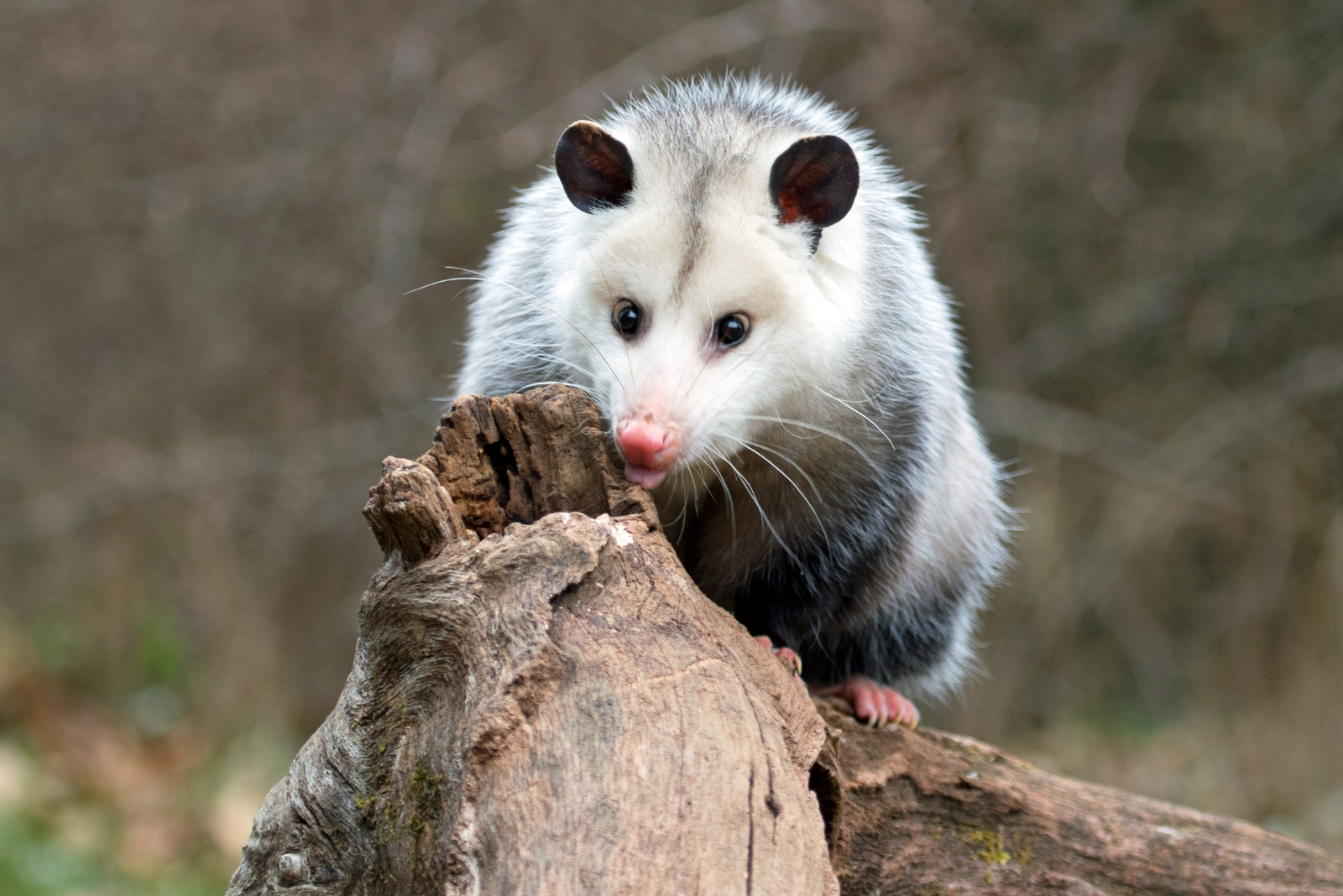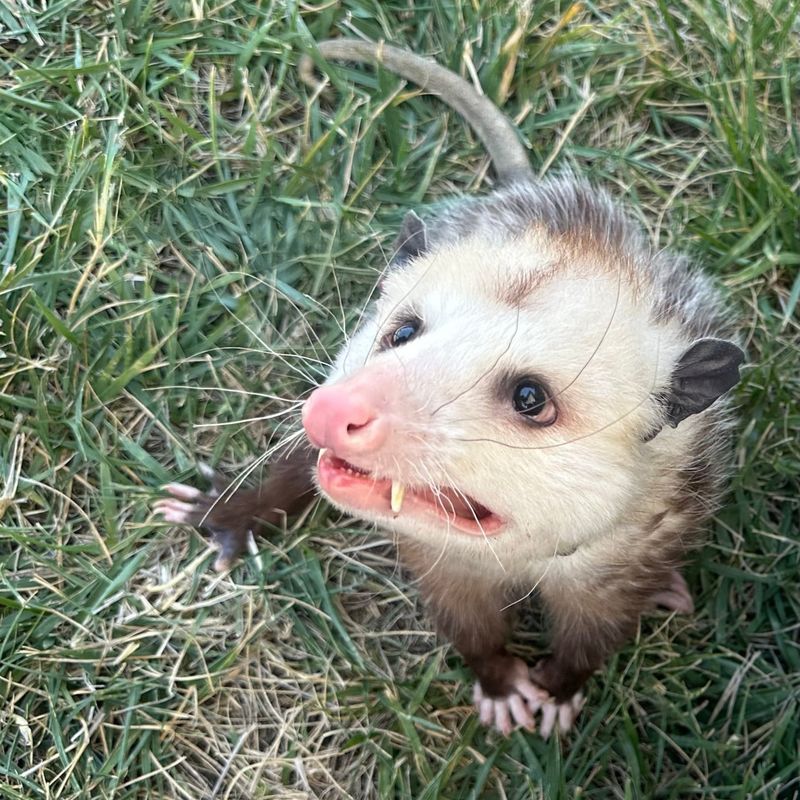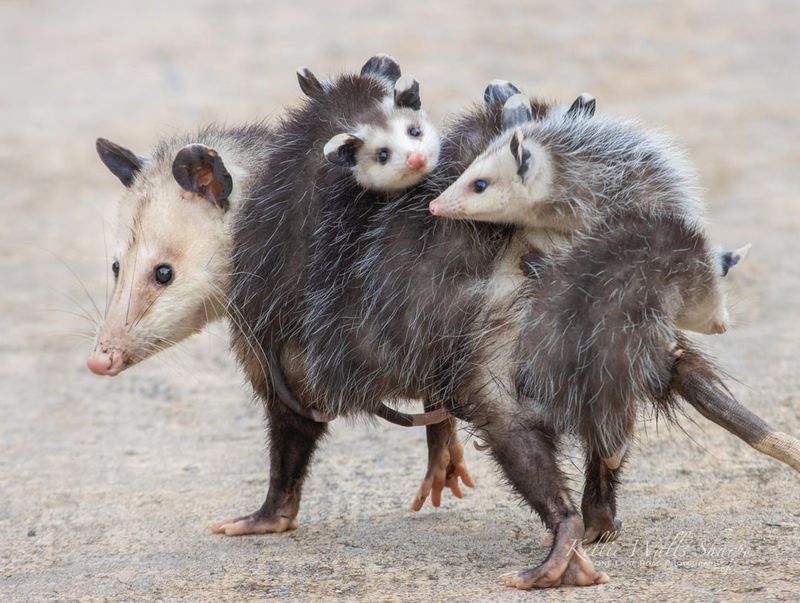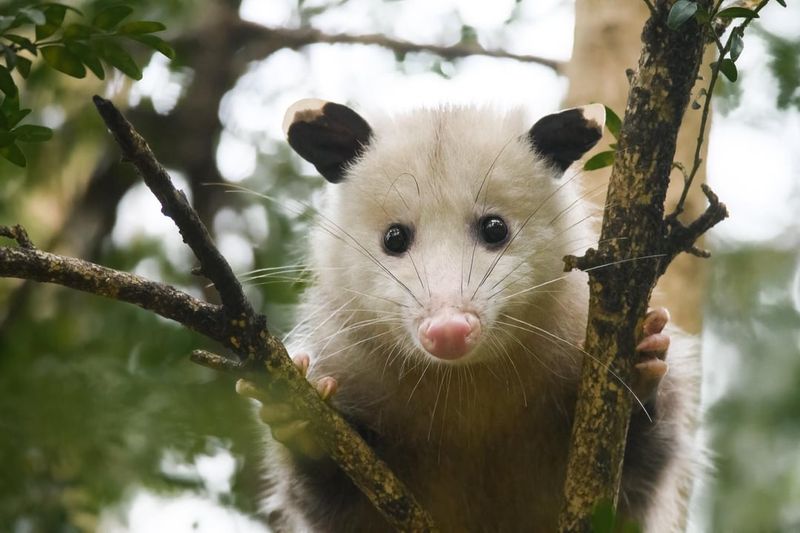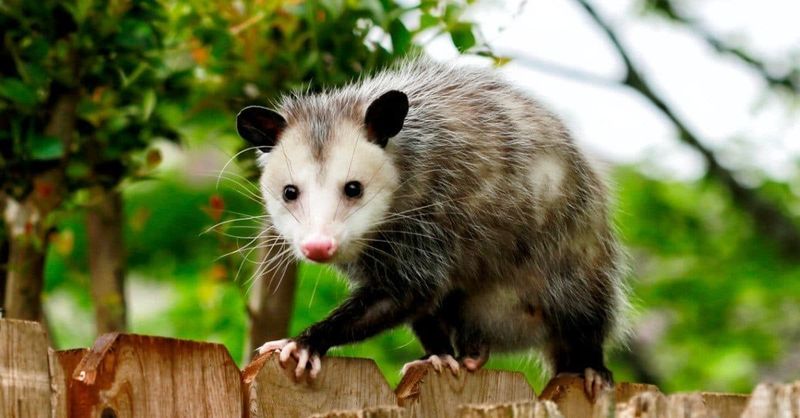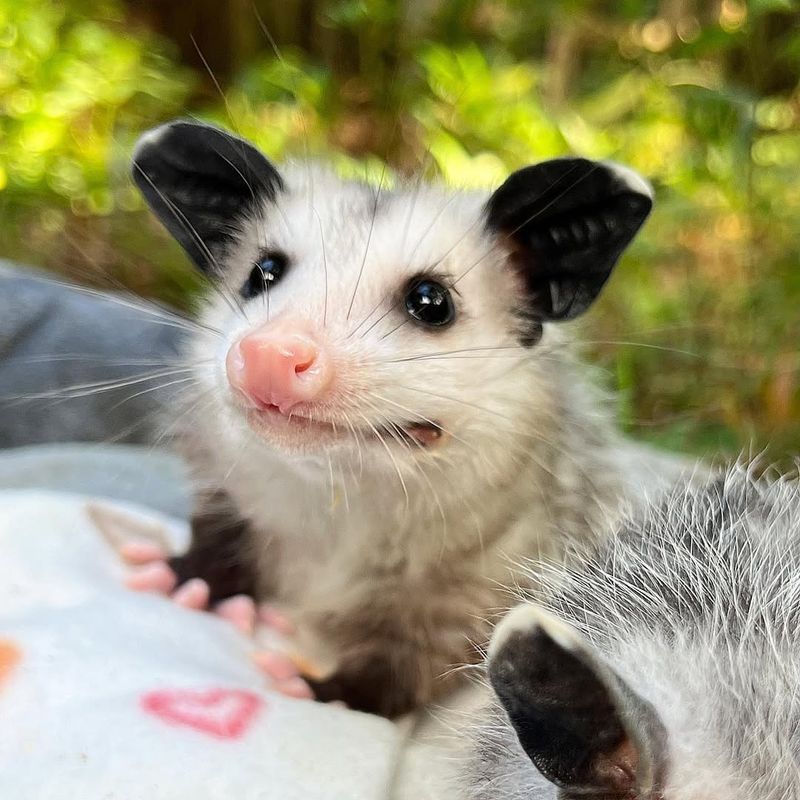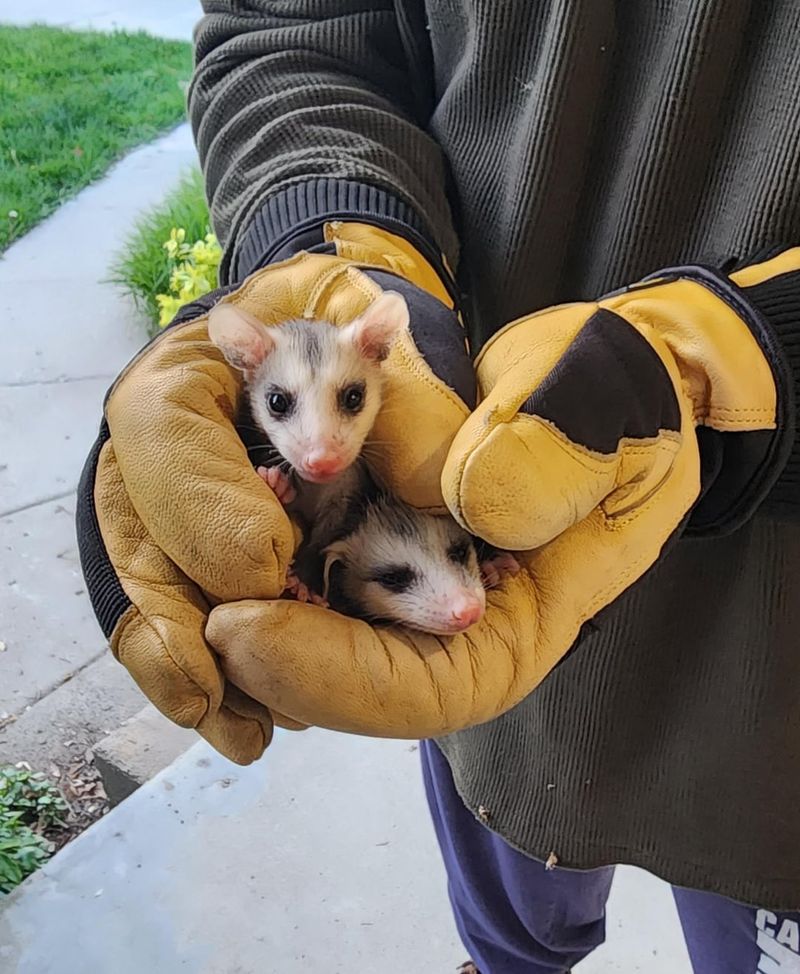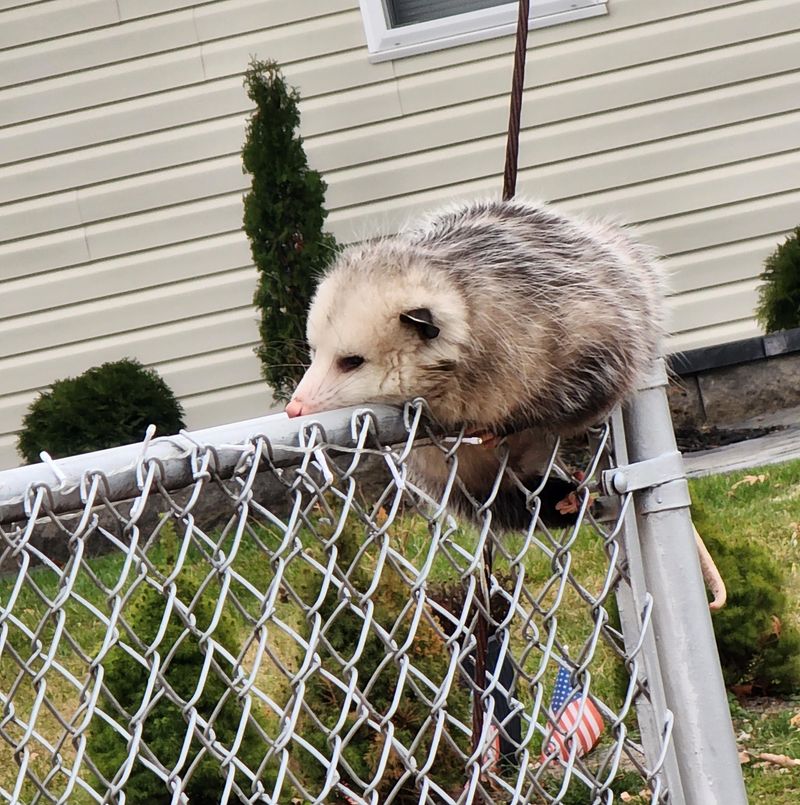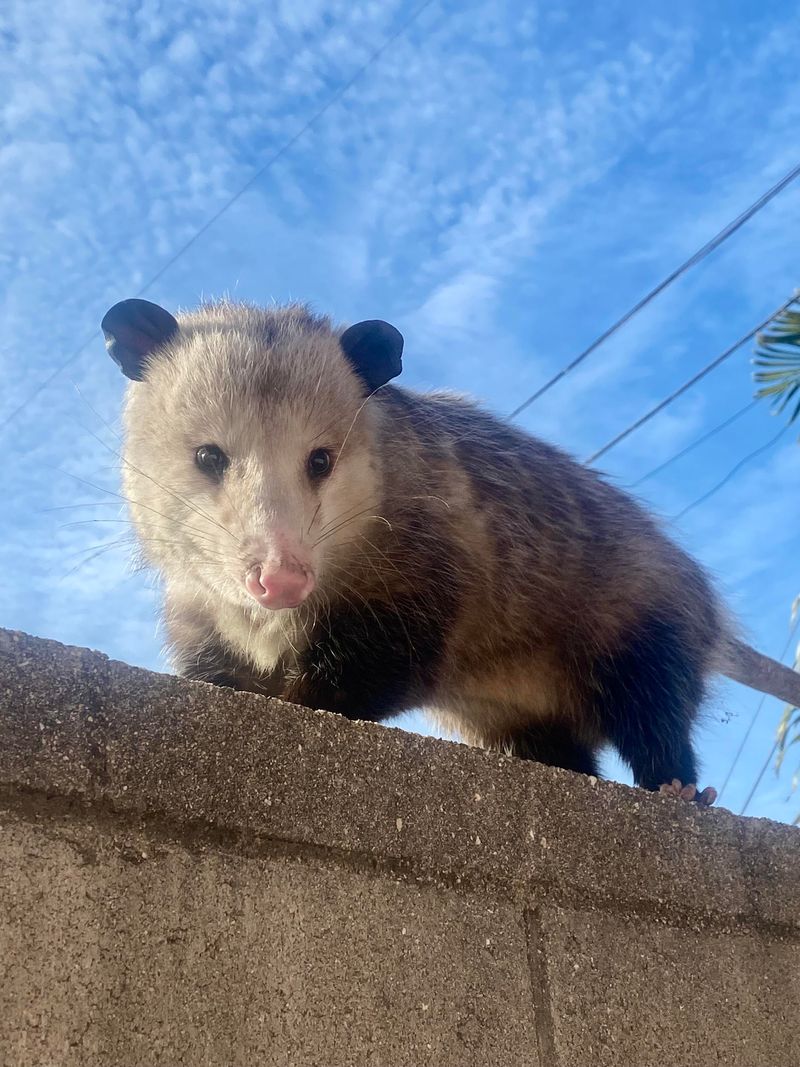Possums in Wisconsin might be causing trouble, but getting rid of them isn’t as simple as it seems. You’ll need to think about safety, local regulations, and how removal could affect your yard.
I’ve dealt with a few unexpected surprises when trying to handle them myself. Taking a careful approach can save you headaches and keep the wildlife balance intact.
1. Beneficial Pest Control
Possums devour thousands of ticks and other pests weekly, acting as natural exterminators. They’ll happily munch on cockroaches, rats, and even venomous snakes without getting sick.
Wisconsin gardens particularly benefit from their appetite for slugs and beetles. Before removing them, consider the pest control services you’d be losing – and potentially paying for later!
2. Legal Protection Status
Contrary to popular belief, Wisconsin wildlife regulations protect possums during certain seasons. Removing them without proper permits could result in hefty fines or legal trouble.
Always check with the Wisconsin Department of Natural Resources before taking action. The rules change seasonally, and what’s permitted in summer might be prohibited come winter.
3. Disease Misconceptions
Many Wisconsin residents fear possums carry rabies, but their low body temperature actually makes them highly resistant to the disease! They rarely transmit diseases to humans or pets.
Their grooming habits also help control tick populations, reducing Lyme disease risks throughout Wisconsin. That scary-looking possum might actually be protecting your family’s health.
4. Temporary Visitors
Possums rarely settle permanently in one location. Most Wisconsin possums stay in an area for just a few days before moving along to new territory.
Rather than trapping, consider waiting them out. The possum in your Milwaukee garage or Madison attic will likely vacate naturally within a week, saving you removal hassles and expenses.
5. Humane Removal Methods
If removal becomes necessary, Wisconsin wildlife experts recommend exclusion techniques over trapping. Sealing entry points after the possum leaves naturally avoids unnecessary stress to the animal.
Many Wisconsin counties offer humane wildlife removal services. Using bright lights, talk radio, or ammonia-soaked rags can encourage possums to relocate without direct handling.
6. Orphaned Babies Risk
Female possums often carry babies in their pouch or on their back. Removing a mother could orphan up to 13 joeys who won’t survive without her care.
Wisconsin wildlife rehabilitators are overwhelmed each spring with orphaned possums. Before removal, check if you’re dealing with a mother – especially during Wisconsin’s spring and early summer months.
7. Weather Considerations
Wisconsin’s harsh winters can be deadly for relocated possums. Those moved during cold months often can’t find adequate shelter or food sources in unfamiliar territory.
If removal is absolutely necessary, timing matters. Late spring through early fall gives them the best chance of survival in Wisconsin’s challenging climate zones.
8. Prevention Strategies
Smart landscaping choices can discourage possums from settling on your Wisconsin property. Removing fallen fruits, securing garbage cans, and trimming tree branches away from rooflines reduces their interest.
Many Wisconsin hardware stores sell motion-activated sprinklers and lights that deter possums without harming them. Prevention is always easier and kinder than removal.

